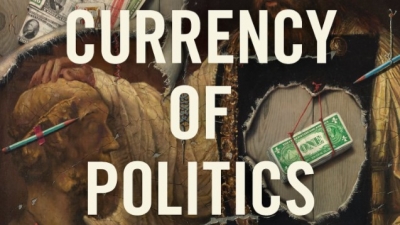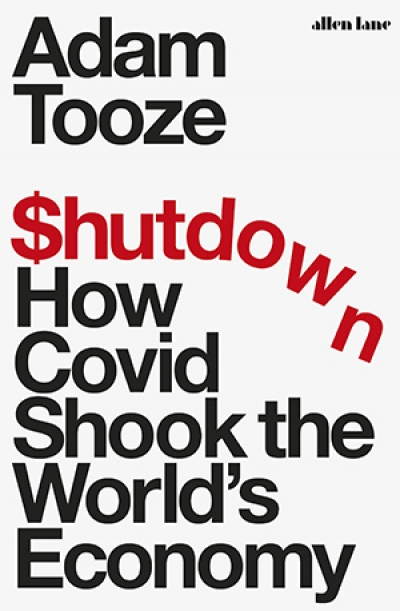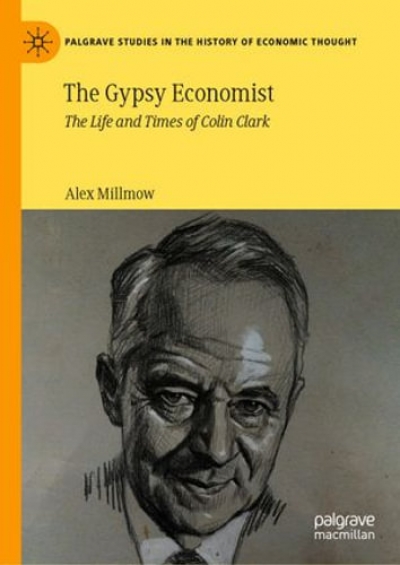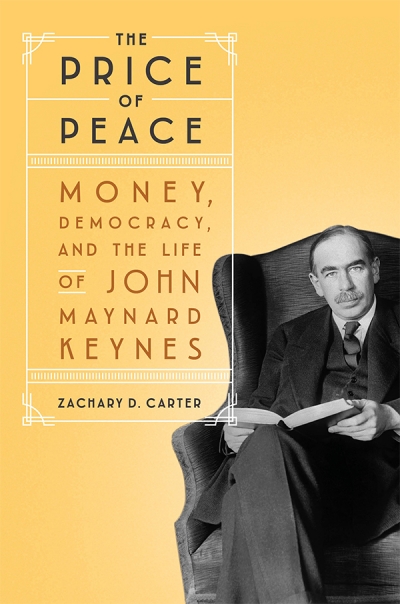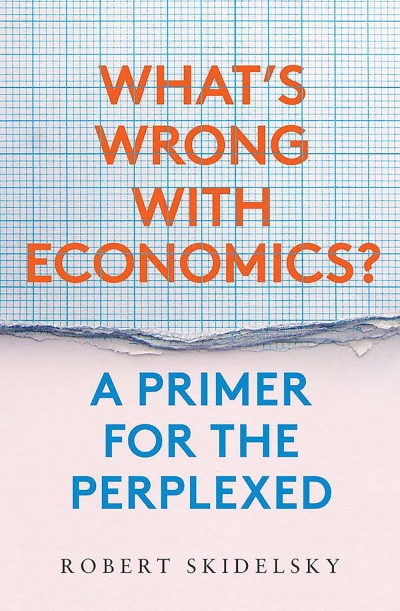Thirty-two years since his death, Colin Clark (1905–89) remains an obscure name in Australia and the discipline of economics. This relative anonymity may strike those who know of his academic achievements as odd, even unjust, as Clark was an outspoken and occasionally brilliant intellectual. A protégé (and later apostate) of John Maynard Keynes, a British Labour party candidate for South Norfolk, a Queensland state statistician, and a scholar at Cambridge, Monash, Oxford, and Queensland, the British-born Clark was a pioneer of national accounting and made numerous contributions to various fields of economics. These were tempered, however, by his ideological conservatism, peripatetic employment, and uneven record of economic forecasting.
...
(read more)

